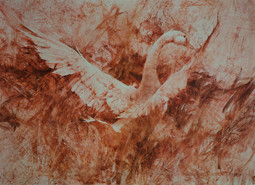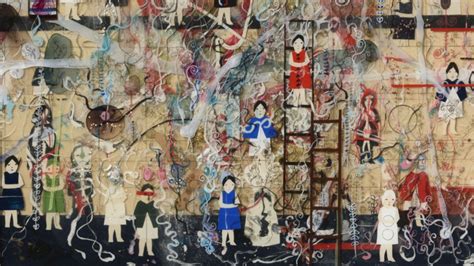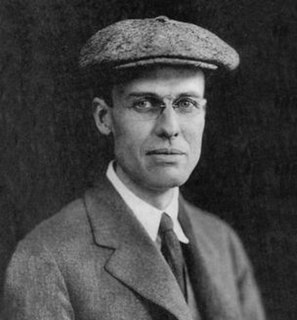A Quote by Richard Schmid
I honestly believe students of painting in the next century will laugh at the abstract art movement. They will marvel at such a drawn-out regression in the plastic arts.
Related Quotes
In less than a century we experienced great movement. The youth movement! The labor movement! The civil rights movement! The peace movement! The solidarity movement! The women's movement! The disability movement! The disarmament movement! The gay rights movement! The environmental movement! Movement! Transformation! Is there any reason to believe we are done?
The arts significantly boost student achievement, reduce discipline problems, and increase the odds students will go on to graduate from college. As First Lady Michelle Obama sums up, both she and the President believe 'strongly that arts education is essential for building innovative thinkers who will be our nation's leaders for tomorrow.'
The market performs miracles so routinely that we take it for granted. Supermarkets provide 30,000 choices at rock-bottom prices. We take it for granted that when we stick a piece of plastic in a wall, cash will come out; that when we give the same plastic to a stranger, he will rent us a car, and the next month, Visa will have the accounting correct to the penny. By contrast, "experts" in government can't even count the vote accurately.
One of the weaknesses of much abstract painting is the attempt to substitute the inventions of the intellect for a pristine imaginative conception. The inner life of a human being is a vast and varied realm and does not concern itself alone with stimulating arrangements of color, form and design. The term 'life' as used in art is something not to be held in contempt, for it applies all of its existence, and the province of art is to react to it and not to shun it. Painting will have to deal more fully and less obliquely with life and nature's phenomena before it can again be great.
Dancing and building are the two primary and essential arts. The art of dancing stands at the source of all the arts that expressthemselves first in the human person. The art of building, or architecture, is the beginning of all the arts that lie outside the person; and in the end they unite. Music, acting, poetry proceed in the one mighty stream; sculpture, painting, all the arts of design, in the other. There is no primary art outside these two arts, for their origin is far earlier than man himself; and dancing came first.
Patronizing the Arts is a brilliantly nuanced assessment of why universities must become art patrons. Learning from the twentieth-century university's embrace of Big Science, Garber argues that twenty-first-century universities must rigorously devote their attention to Big Art. Provocative, witty, and layered, Patronizing the Arts cogently demonstrates the advantages for both art and the university in this new and radical alliance.
Remember always, in painting as in eloquence, the greater your strength, the quieter will be your manner, and the fewer your words; and in painting, as in all the arts and acts of life the secret of high success will be found, not in a fretful and various excellence, but in a quiet singleness of justly chosen aim.








































